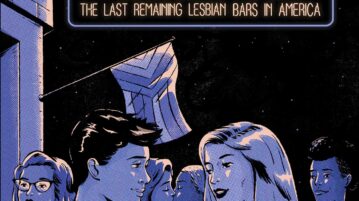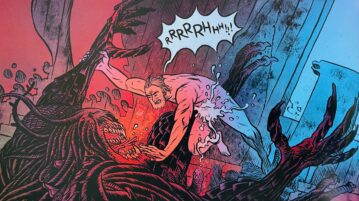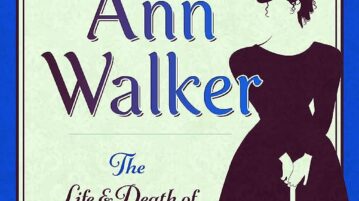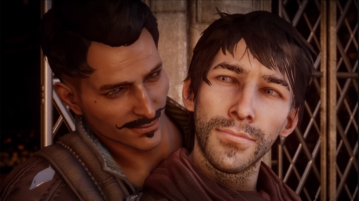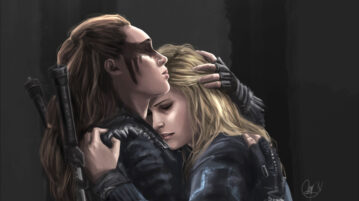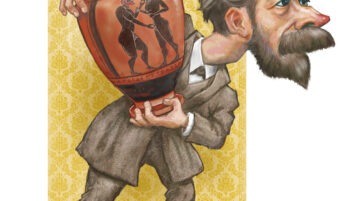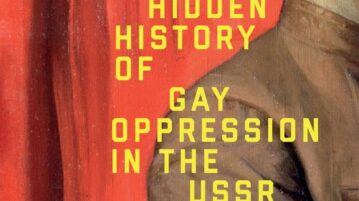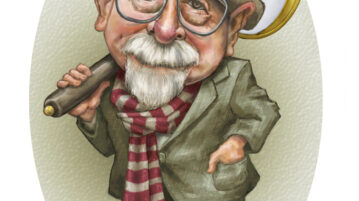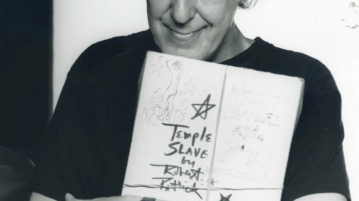
Robert Patrick at the Caffe Cino
As Patrick himself recalled later in life, the Caffe Cino was the “Ground Zero of the 1960s … a coffee-house, a theatre, a brothel, a temple, a flophouse, a dope-ring, a launching-pad, an insane asylum, a safe-house, and a sleeper cell for an unnamed revolution.” His novel was Temple Slave (1994), a fictionalized but nonetheless revealing history of the Caffe Cino, the birthplace of American gay theater.
More

